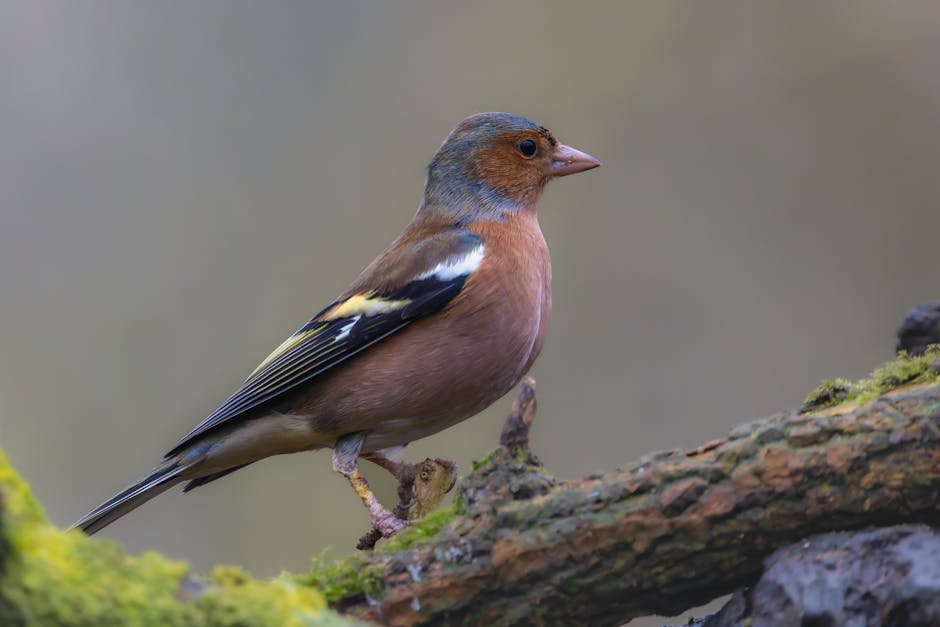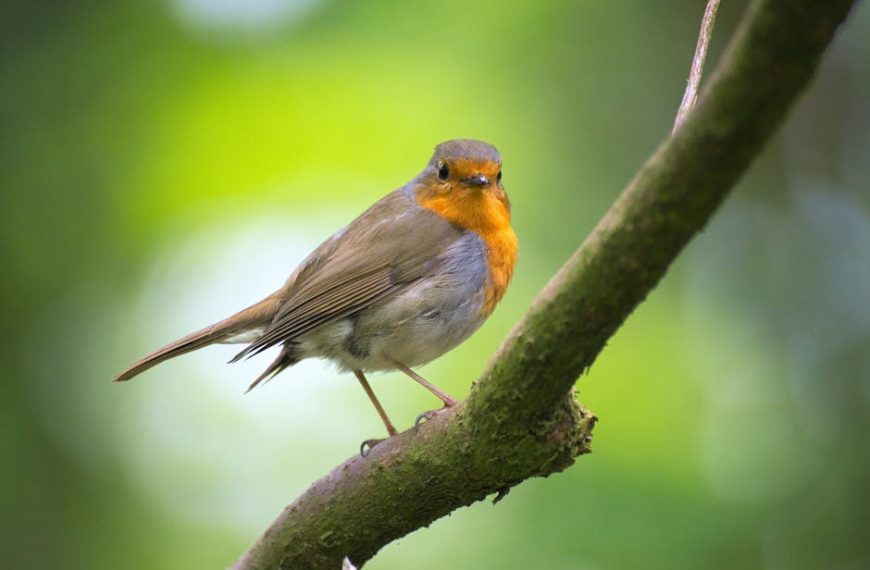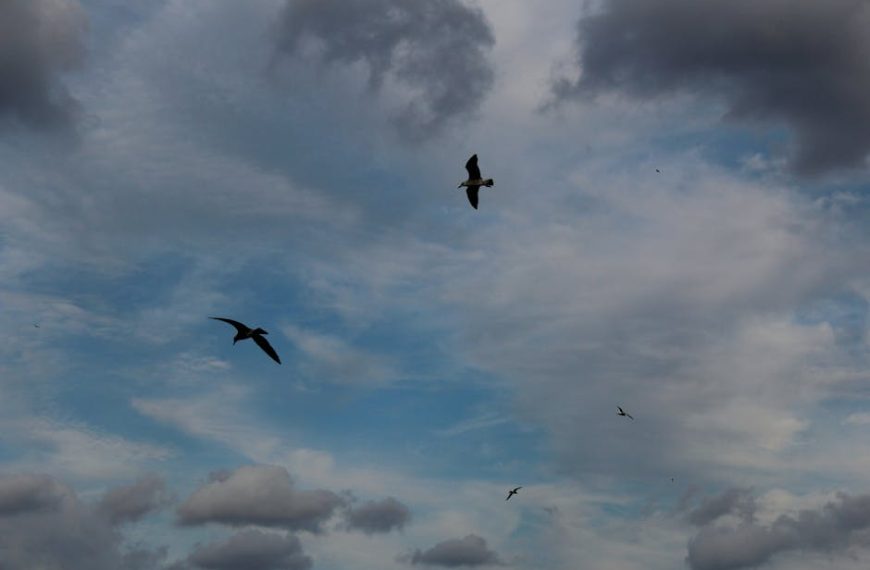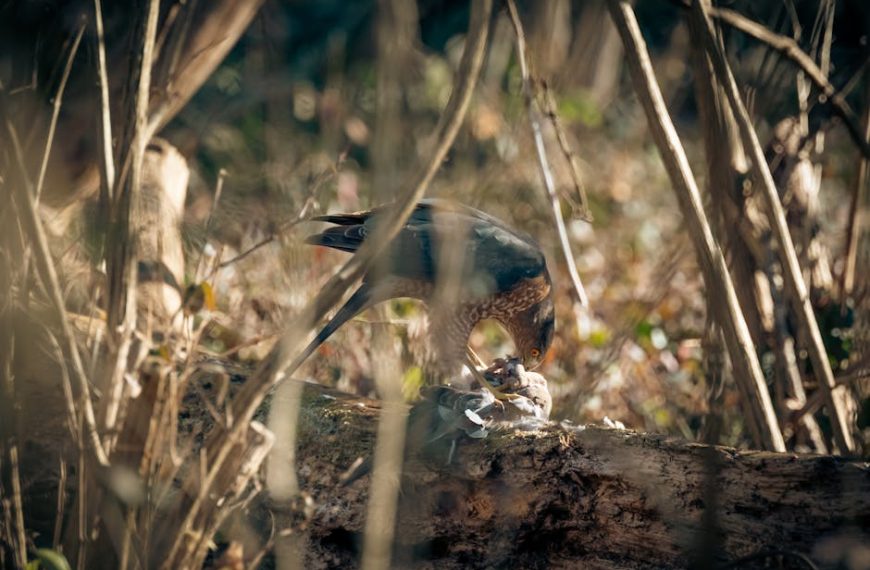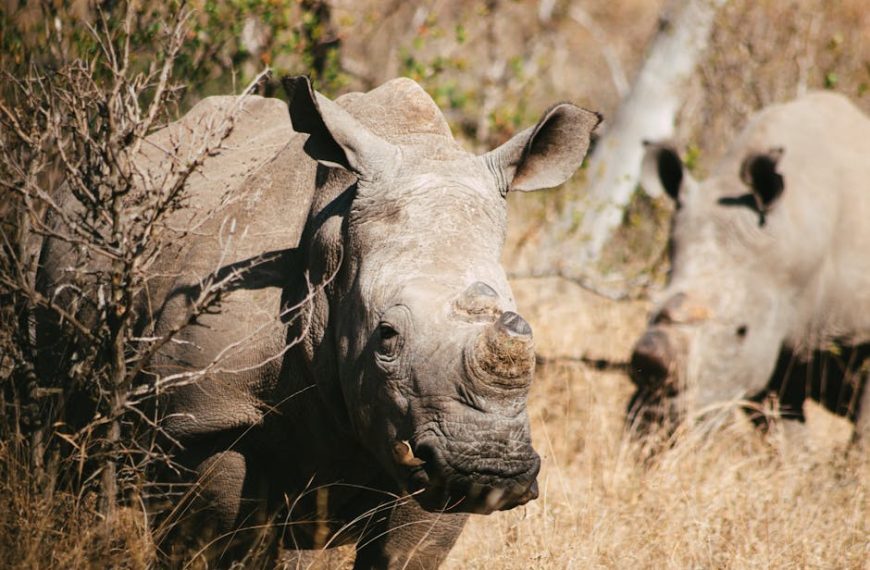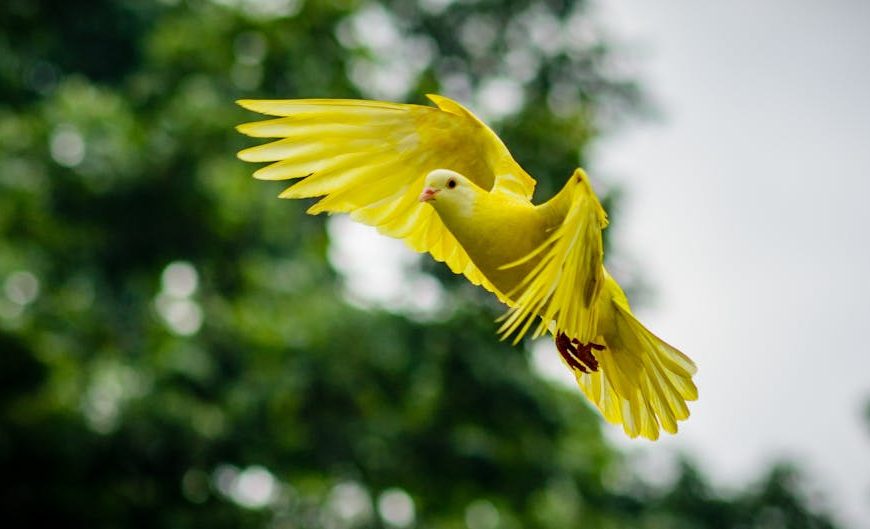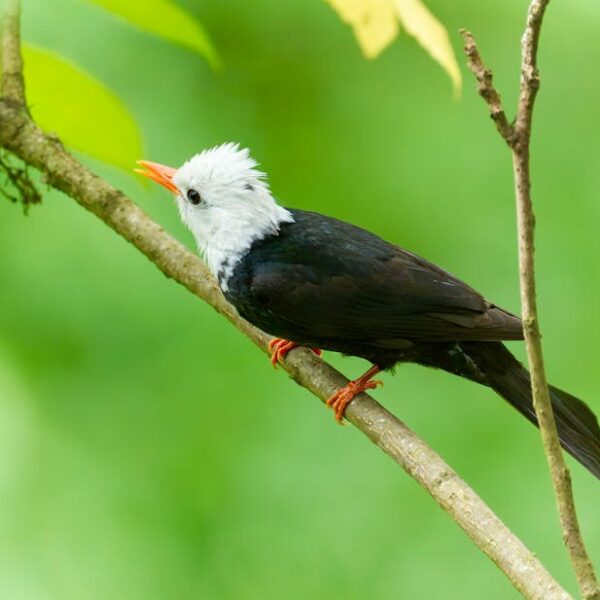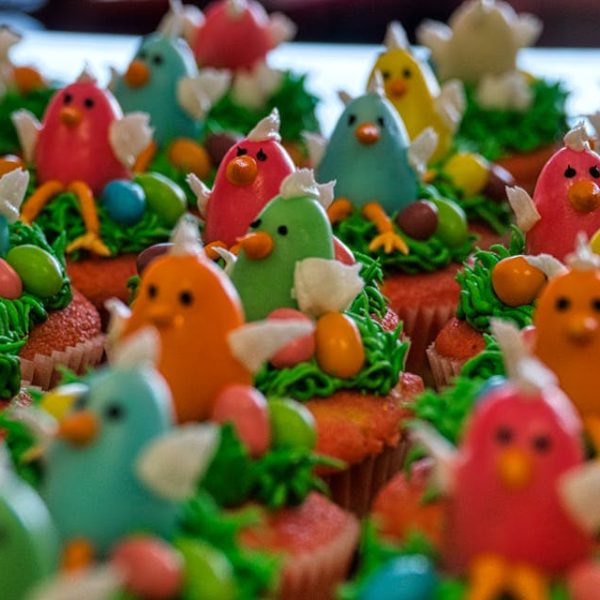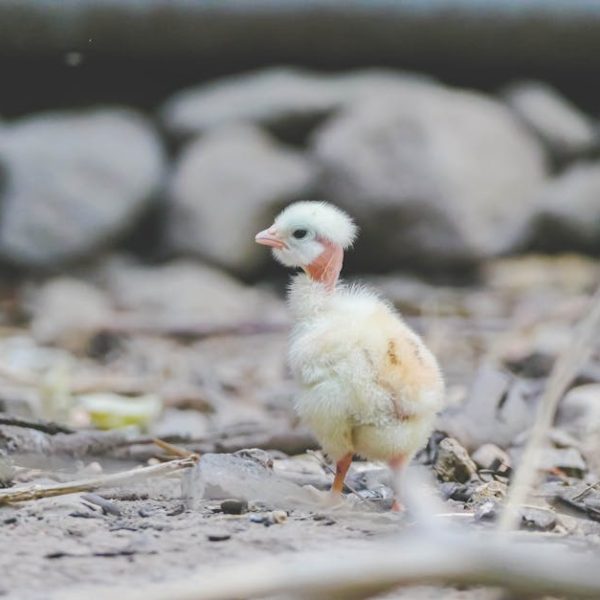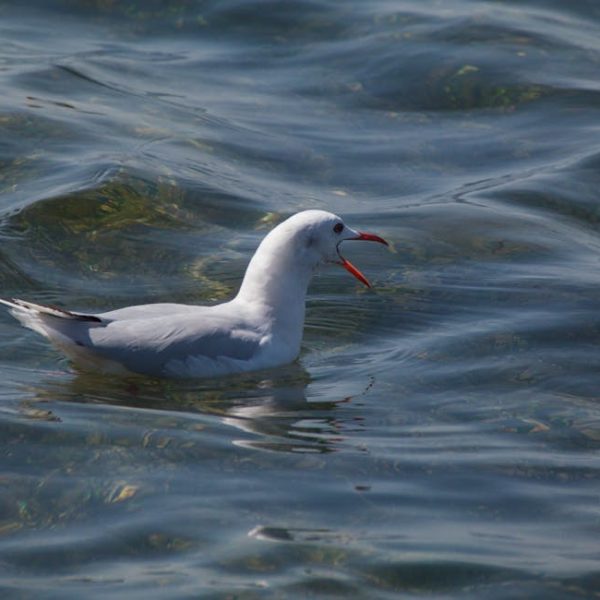The relentless pursuit of squirrels by birds may initially present a perplexing sight, often leaving one to wonder why such curious interactions occur. A thorough understanding of avian behaviors, their territorial instincts, and dynamics around resources provide us with the puzzle pieces necessary to elucidate these peculiar interactions.
Exploring the Territorial Instincts of Birds
Birds, like many wildlife species, possess inherently strong territorial instincts. This instinct is primarily driven by the need to defend their habitats, food sources, and nesting areas. Essentially, birds consider the areas they inhabit as their exclusive domain and would naturally take offense to any external intruders, including squirrels.
Among the avian species, some are notably more territorial than others. For example, crows or robins, do not hesitate to engage in a direct confrontation with opportunistic squirrels. While squirrels are relatively larger, birds can leverage their advantage in aerial maneuverability when defending their territories.
Pro Tip: It’s important not to generalize, as not all bird species show such aggressive territorial tendencies. Some birds are more docile or less invested in defending their territories against creatures like squirrels.
Resource Competition: The Food Factor in Bird-Squirrel Interactions
Birds and squirrels often end up competing over the same food resources, especially in regions where their typical diets intersect. Seeds, nuts, and fruits are sought after by both birds and squirrels. For instance, a bird feeder filled by well-intentioned humans can become a hotbed for competition.
Interestingly, while birds can be flexible in their diets and find other sources of food, squirrels are often more adaptable in exploring other resources when a particular food source is depleted. Therefore, birds may take the offensive to protect their food sources.
Nesting Periods and Increased Aggression in Birds
Another driver behind the aggressive pursuit of squirrels by birds is their nesting and breeding periods. Birds, during these critical periods, tend to become defensive and sometimes offensive to protect their eggs or chicks from potential threats. As squirrels are notorious for raiding nests and eating bird eggs, birds are more likely to chase squirrels.
Best Practice: It’s advisable to respect birds’ nesting periods and maintain a safe distance, as human interference can unknowingly trigger stress responses in birds which may hamper the natural breeding process.
Playful or Curious? Deciphering Bird Behavior
Sometimes, what appears as aggression could simply be playful or curious behavior displayed by certain bird species. While this can easily be misconstrued as aggression, these behaviours serve as a reminder of the diverse personality traits observed within bird species. For instance, birds like jays or magpies are known for their playful, curious personalities and may chase squirrels simply for the fun of it.
Pro Tip: Identifying the bird species and understanding their typical behaviors can help in correctly interpreting these interactions.
Human Impact on Bird-Squirrel Interaction
A frequently underestimated tangent in bird-squirrel interactions is the role of human intervention. Actions such as setting up bird tables or feeders can escalate these interactions by inadvertently creating a common resource to fight over. Even the provision of nesting boxes in residential areas can draw the attention of both birds and squirrels, fostering unintentional conflict.
On the flip side, humans have the unique opportunity to mitigate or circumvent these conflicts in several ways.
- Best Practice: Remember, the intention behind actions such as feeding birds or providing nesting boxes is to foster and support wildlife, not disrupt it. Being mindful of the possible consequences can help to ensure a balance is maintained.
Here are some steps to follow:
- Refrain from placing bird food or boxes in close proximity to significant squirrel populations.
- Regularly clean the bird table and discard any food that might be attracting squirrels.
- Use squirrel-resistant bird feeders or ones that close under the weight of a squirrel.
- Monitor the situation and adjust accordingly. If conflicts persist, consider removing the feeder for a while.
All these actions can help prevent the escalation of bird-squirrel interactions, making your backyard a peaceful haven for both creatures.
The Call of Nature: Bird and Squirrel Interactions Decoded
In conclusion, the pursuit of squirrels by birds is a dynamic interaction driven by various ecological factors. From territorial instincts to competition for shared resources, from nesting periods to simple curiosity or playfulness, there’s more to bird-squirrel chases than what meets the eye.
Humans, as conscious observers, have a role in ensuring their actions do not exacerbate these conflicts, and instead, promote peaceful cohabitation between these diverse species. It’s all a part of the fascinating web of nature to which we’re inextricably connected.
Summary Checklist for Mitigating Bird-Squirrel Interactions
To help you remember the key points, here’s a handy checklist:
- Understand the territorial instincts of the birds that you see.
- Recognize the shared resources that both birds and squirrels compete for.
- Consider the breeding seasons and nesting behavior of different bird species.
- Acknowledge the potential impacts of human action on wildlife interactions.
- Act conscientiously and thoughtfully when interacting with wildlife.
Following these steps, coupled with a growing awareness of the fascinating intricacies of nature, we can learn to appreciate and protect our local wildlife, ensuring a harmonious coexistence in our shared habitats.
Key Takeaway:
- Birds chase squirrels due to territorial instincts, especially defending their food resources and nesting areas.
- Some bird species like crows and robins are highly territorial and tend to confront squirrels in their habitats.
- Competition for food resources can provoke aggressive behavior between birds and squirrels.
- During breeding periods, birds display heightened aggression in order to protect their eggs or chicks from perceived threats like squirrels.
- The curiosity and playfulness of certain bird species can be misconstrued as aggression towards squirrels.
- Human intervention, such as bird feeding or providing nesting boxes, can escalate bird-squirrel interactions.
Understanding why birds chase squirrels allows us to better interpret these interactions and adapt our behaviors to support coexistence between different species. By being aware of their territorial instincts, competitiveness for food, and altered behavior during breeding periods, we can limit potential conflicts and foster a peaceful environment for both birds and squirrels.
FAQs
Q: Why do some bird species chase squirrels but others don’t?
A: The behavior of chasing squirrels primarily comes down to the bird species and their territorial instincts. Some birds, like crows and robins, are known for their territorial nature and can be seen confronting squirrels.
Q: How can we prevent bird-squirrel conflicts around bird feeders?
A: Preventing conflicts can be managed by using squirrel-resistant bird feeders, regularly cleaning the bird feeding area and ensuring the feeder is not positioned close to areas with a significant squirrel population.
Q: How does bird nesting and breeding period affect their interaction with squirrels?
A: During their nesting and breeding periods, birds can become highly defensive or offensive to protect their eggs or chicks, which can lead to conflicts with potential threats like squirrels.
Q: Are there bird species that exhibit playful or curious behavior towards squirrels?
A: Yes, some birds like jays or magpies are known for their playful and curious personalities. They may chase squirrels simply for fun and not as an act of aggression.
Q: How can human intervention escalate bird-squirrel interactions?
A: Human activities, such as setting up bird feeders or nesting boxes, can create shared resources that escalate competition and conflicts between birds and squirrels.
Readers, feel free to share this article and explore more posts on our website to unravel the fascinating world of bird behaviors.
